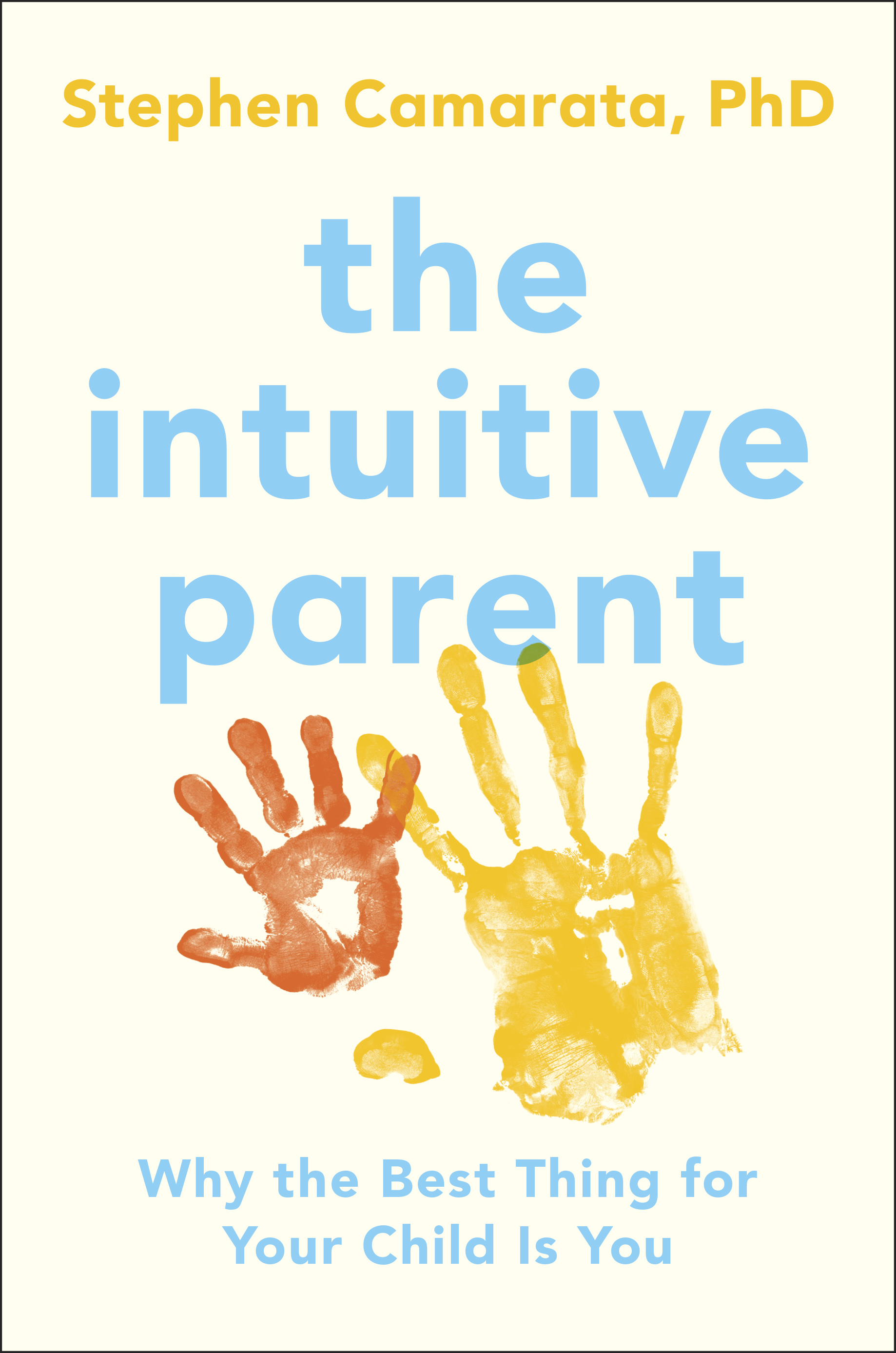
One of the modern controversies in parenting lore is when and how to introduce technology to babies, toddlers and young children. Indeed, some experts advise withholding technology completely until two or three years of age—or even later. My own review of this controversy suggests that there are some fundamental misunderstandings about technology, when it should be introduced, and more importantly, the purpose that this technology, including tablets, computers, smart phones, and DVDs, serves in a child's development.
We all use technology and for the most part, we love it. So why shouldn't we share that with our children? After all, the Internet and other forms of technology provide information, communication and access to learning that we wouldn’t otherwise have. As our children grow up, the opportunities to harness technology are likely to continue expanding in ways we can’t even imagine today. How does a modern parent strike a balance between making sure a child is prepared to utilize technology while also ensuring that they don't get "plugged in" to technology while "tuning out" their parents, teachers, and other people?
First and foremost, there appears to be a belief that technology can be—or even should be—a baby or young child’s primary teacher or instructor because technology somehow (magically?) harnesses brain plasticity and accelerates learning. This seems to be the premise for buying—and plugging babies into—products such as the latest "baby genius" DVD or app, which convince parents that they can simply “plug” their baby in and he or she will be reading, doing math and outperforming classmates in no time. In truth, as described in my forthcoming book THE INTUITIVE PARENT, this premise is both misleading and untrue. Brian science shows that all learning, not just input from technology, activates neural plasticity. Reading a book, playing with your baby, talking to your toddler, singing songs and playing games, as well as simply caring for them day-to-day, triggers plasticity and wires your baby’s brain for a lifetime of learning. Parents—not technology—should always be a young child's primary teacher. Learning apps are inflexible and cannot adapt to each child's current developmental level, temperament, or unique learning style. In addition, these devices provide a two-dimensional image that is not necessarily on par with the three-dimensional world in which the child lives and learns.
On the other hand, no parent should assume that all exposure to technology is harmful or necessarily a hindrance to a child's developing brain. An important parallel can be seen in reading books to toddlers and young children. Child development experts are practically unanimous in the recommendation that parents read to their toddlers and young children. Yet, books share many of the same limitations that are mentioned above for tablets, smart phones and DVDs. The difference is that no one would expect a book to teach a child by itself, or without supportive, nurturing interaction from mom or dad. And therein lies the proper use of technology within the context of intuitive parenting. Tablets, smart phones and the like should be viewed as “smart books,” or merely interactive tools, not teachers unto themselves.
My recommendation is to cuddle up and enjoy the images and videos together. Talk to your child while watching and be sure to pause the devices to ask questions. Point out interesting events in the images you are watching together. Skype or facetime with Grandpa; he’ll love it (I know because I am one)! My one warning: don’t ever turn your child’s mind over to the technology and let it be the teacher. No baby, toddler, or young should be left unsupervised for hours on end while “plugged in.” As with all aspects of intuitive parenting, mom and dad should be active, engaged and supportive learning partners. With this as a foundation, seamlessly integrating technology into a child's life directly parallels reading and other learning activities can be in every intuitive parent’s toolkit.


























